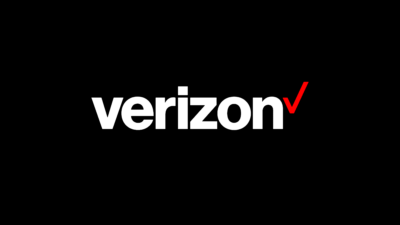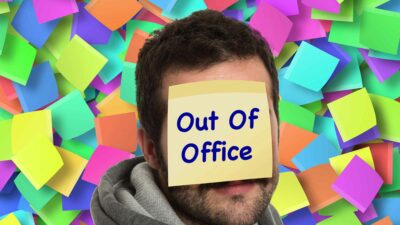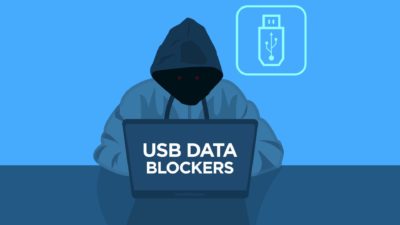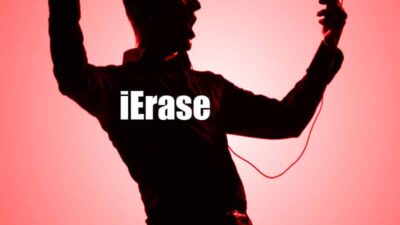Attorneys Bruce Afran and Carl Mayer claim that Verizon violated privacy laws by turning over phone records to the government for a secret NSA surveillance program.
Lawsuit Against Verizon
The federal suit, filed in New York, asks the court to stop Verizon from turning over any more records to the NSA without a warrant or consent of the subscriber. It also seeks $1,000 for each violation of the Telecommunications Act, or $5 billion if the case is a class action.
Afran and Mayer said they would consider filing suits against BellSouth and AT&T; in other jurisdictions.
Customer Information Protection
Under Section 222 of the Communications Act, first passed in 1934, telephone companies are prohibited from giving out information regarding their customers’ calling habits: whom a person calls, how often and what routes those calls take to reach their final destination. Inbound calls, as well as wireless calls, also are covered.
Orin Kerr, a former federal prosecutor and assistant professor at George Washington University, said his reading of the relevant statutes put the phone companies at risk for at least $1,000 per person whose records they disclosed without a court order.
Section 2702 of Title 18 in the Electronic Communications Privacy Act prohibits electronic communications service providers from knowingly divulging a record or other information pertaining to a subscriber or customer to any government entity without customer consent, subpoena or court order.
“This is the largest intrusion into civil liberties ever seen in the United States,” said Afran, who is a professor at Rutgers University. “Americans expect their phone records to be private. That’s our bedrock governing principle of our phone system.”
Afran said that he and Mayer will also ask for documents dealing with the origination of the program and President Bush‘s role in it.
Verizon Responds To Alleged NSA Surveillance Cooperation
Verizon said in a statement that because the NSA program is highly classified, it wouldn’t confirm or deny whether the company participated in the program. It also declined to comment about the lawsuit.
A government official, while not confirming the existence of the NSA program, pointed to a 1979 Supreme Court case, Smith v. Maryland. The official said justices ruled that the acquisition of basic phone records — calling numbers, called numbers and duration of calls — is not a “search” under the Fourth Amendment and that individuals do not have a reasonable expectation of privacy in such call record data.
But Kate Martin, director of the Center for National Security Studies, said after that case Congress required courts to approve the use of electronic devices that capture basic information about calls in real time, or to get a court order or a subpoena for phone records stored by phone companies.
The National Security Agency has been secretly collecting the phone call records of tens of millions of Americans, using data provided by AT&T;, Verizon and BellSouth, people with direct knowledge of the arrangement told USA TODAY.
Qwest was apparently alone among the four major telephone companies to have resisted the requests to cooperate with the government effort. A statement issued on behalf of former Qwest Communications CEO Joseph Nacchio by his lawyer, Herbert J. Stern, said that after the government’s first approach in the fall of 2001, “Mr. Nacchio made inquiry as to whether a warrant or other legal process had been secured in support of that request.”
“When he learned that no such authority had been granted and that there was a disinclination on the part of the authorities to use any legal process, including the Special Court which had been established to handle such matters, Mr. Nacchio concluded that these requests violated the privacy requirements of the Telecommications Act and issued instructions to refuse to comply,” Stern said.
Verizon Issues Statement on NSA and Privacy Protection
Verizon Communications today issued the following statement:The President has referred to an NSA program, which he authorized, directed against al-Qaeda. Because that program is highly classified, Verizon cannot comment on that program, nor can we confirm or deny whether we have had any relationship to it.
Having said that, there have been factual errors in press coverage about the way Verizon handles customer information in general. Verizon puts the interests of our customers first and has a longstanding commitment to vigorously safeguard our customers’ privacy — a commitment we’ve highlighted in our privacy principles.
Verizon will provide customer information to a government agency only where authorized by law for appropriately-defined and focused purposes. When information is provided, Verizon seeks to ensure it is properly used for that purpose and is subject to appropriate safeguards against improper use. Verizon does not, and will not, provide any government agency unfettered access to our customer records or provide information to the government under circumstances that would allow a fishing expedition.
In January 2006, Verizon acquired MCI, and we are ensuring that Verizon’s policies are implemented at that entity and that all its activities fully comply with law.
Verizon hopes that the Administration and the Congress can come together and agree on a process in an appropriate setting, and with safeguards for protecting classified information, to examine any issues that have been raised about the program. Verizon is fully prepared to participate in such a process.
Source: Verizon
Related Articles:
- Woman Drags Child On Leash Through Verizon Store
- Verizon Is Ending The iPhone’s Unlimited Data Plan
- Really Scary Facts About Your Privacy on the Internet
- Paris Hilton Phone Hack Exposes Nude Photos

Frank Wilson is a retired teacher with over 30 years of combined experience in the education, small business technology, and real estate business. He now blogs as a hobby and spends most days tinkering with old computers. Wilson is passionate about tech, enjoys fishing, and loves drinking beer.























Leave a Reply
You must be logged in to post a comment.